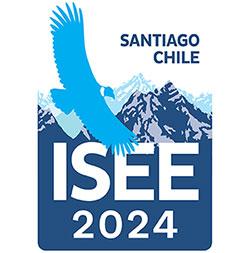Workshop 4 (Half Day – Spanish)
Biomonitoring of contaminants: methodological challenges for action in Ibero-American populations
Course Faculty: Sandra Cortes (Chile), Katarzyna Kordas (USA), Martha M Téllez-Rojo (Mexico), Marcela Tamayo (USA), Nelly Mañay (Uruguay)
Time: TBA
Target Audience: Postgraduate students, public health researchers, representatives of community organization
About This Workshop:
The countries of Latin America and the Caribbean (LAC) face a variety of environmental health problems. However, strategies for their control and prevention, with a focus on population health, are diverse and often scarce and inadequate. Among them, human biomonitoring (HBM) programs developed in the United States or the European Community have made it possible to quantify the population’s exposure to metals, pesticides, and other emerging contaminants, allowing the development of targeted and specific strategies in groups with higher levels of exposure or exposed to scenarios of greater social or ethnic vulnerability. To advance in the installation of HBM programs, it is necessary to establish a minimum working framework to share experiences and allow progress in the comparability of their methodologies, based on experiences from different countries.
Main contents:
- Introduction to HBM, purpose, types of biomarkers.
- Principles of HBM study design, sampling, data collection.
- Considerations for laboratory analysis and interpretation of results
- Communication of HBM results
- Limitations and strengths of the experience in LAC and Spain.
Activities will be based on Human biomonitoring.
Basics: educational course (who.int) Each content will be covered in 20-minute presentations, plus the execution of one workshop.
Workshop objectives:
1. To review the applicability of the basic concepts through a group exercise.
2. To analyze possible designs of HBM programs in the general population, workers and children.
It is expected that this workshop will encourage the establishment of HBM programs in LAC countries as part of the strategies needed to assess and communicate risks and promote sustainable environmental controls and health prevention programs.
